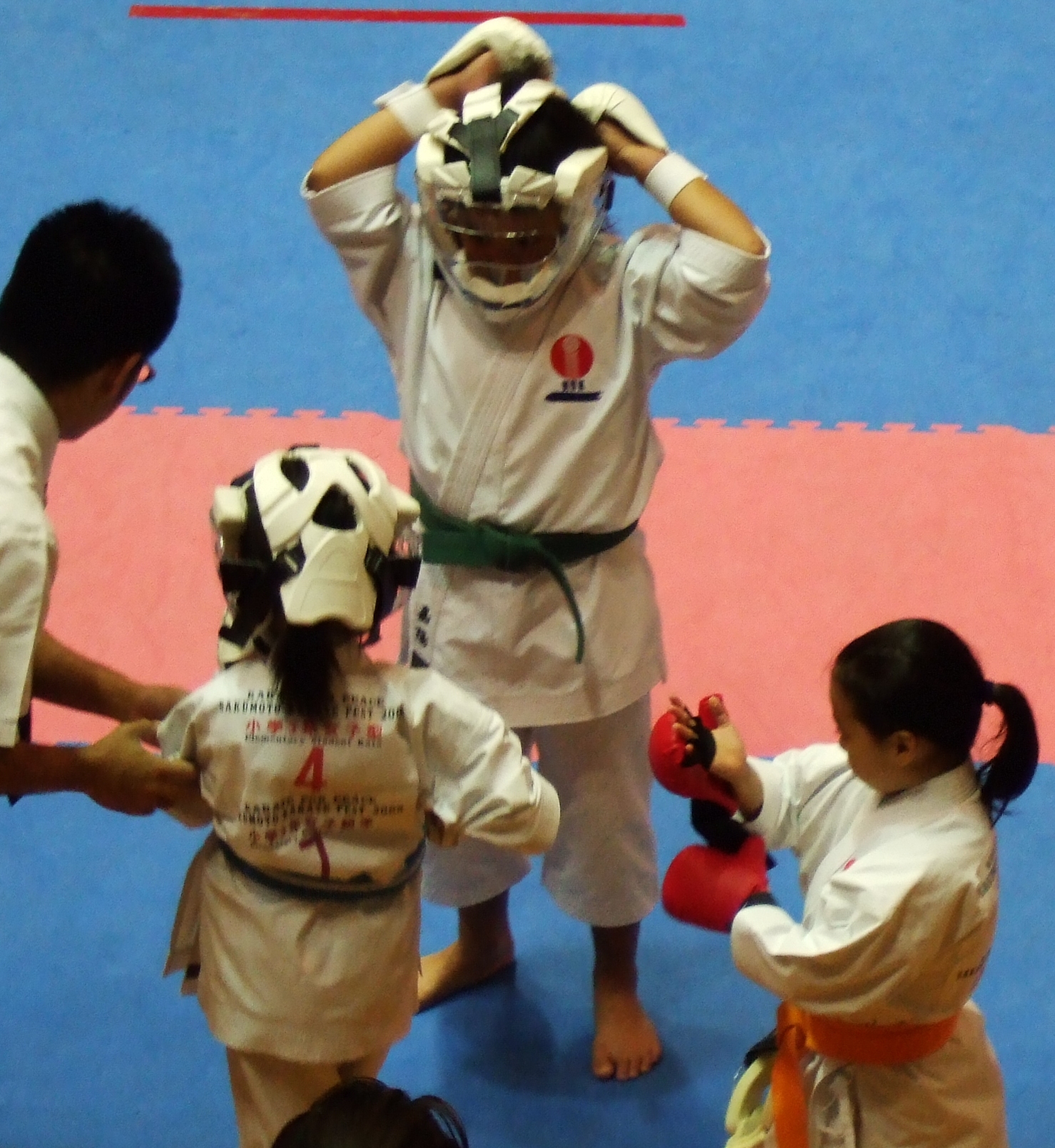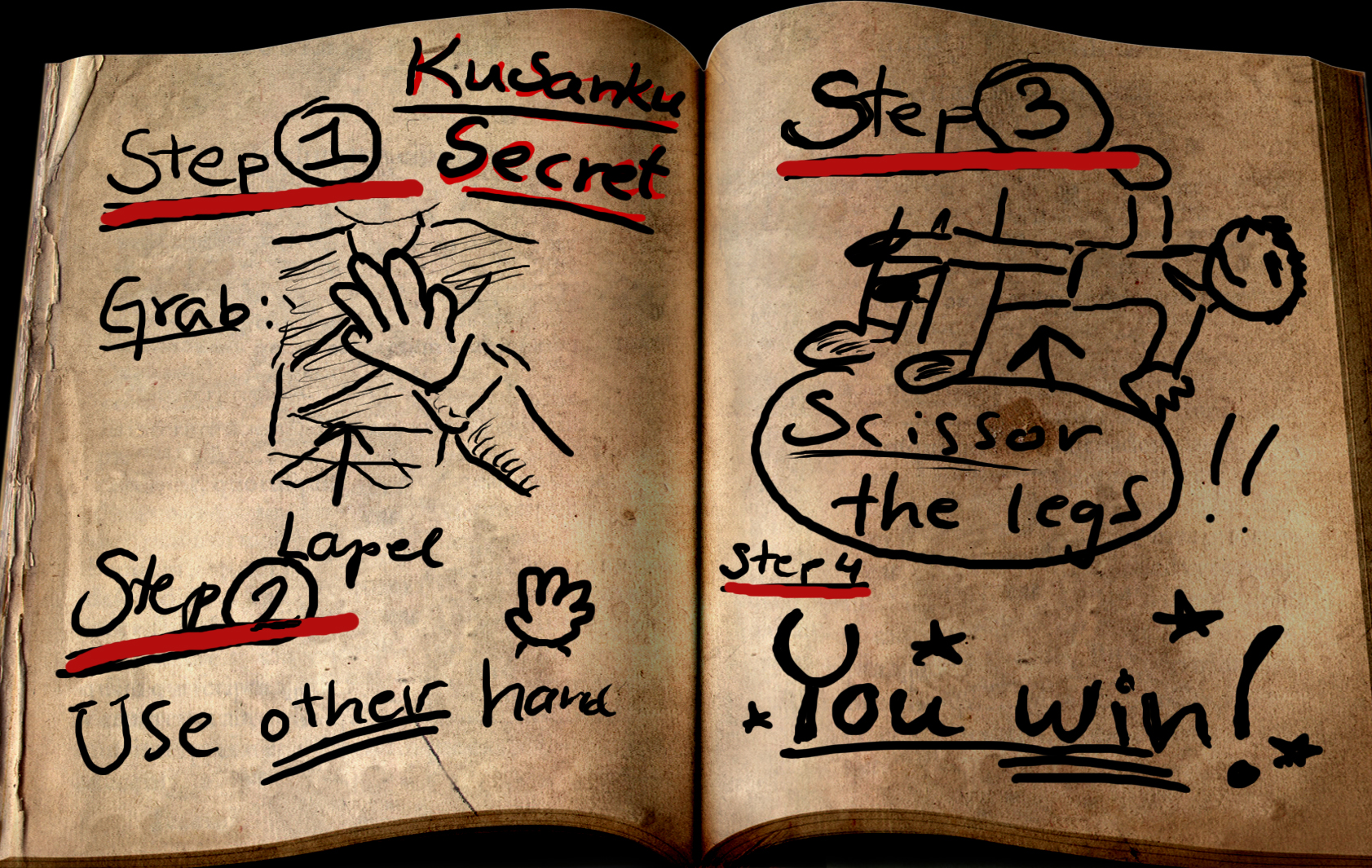Everyone learns in his or her own pace.
Some people need maybe half the time other people need, just to learn the same hip movement in a technique. While others can learn maybe… a whole new kata in under 15 minutes!
You know, they say everybody should be equal, yet we are still unique. That’s why it’s impossible to teach a whole class using one single model. Because the end result will be that everyone is as good as the slowest learner. I know this because the school system works like that here. The reality is that all people need different tools for learning.
And different time.
Now, have you ever felt, when learning a technique, that everyone around you seems to catch on and understand the technique before you? I think everyone has. You struggle slowly with some small detail while the others are going full speed. You start getting a little frustrated… and eventually you succeed! Or give up.
But don’t.
Because whatever you are learning, it can’t be harder than learning English.
Yes, English. People often say to me “It must be hard learning Japanese”. But when you think about it, English might be the hardest thing to learn in the world! Here are some examples I found in an old document on my hard-drive:
For example, there is no egg in eggplant, nor ham in hamburger. At least I have never seen any. And there is neither apple nor pine in pineapple. Weird huh?
Quicksand works slowly, boxing rings are square and a guinea pig is neither from Guinea nor is it a pig.
And why is it that writers write but fingers don’t fing, grocers don’t groce and hammers don’t ham?
If a vegetarian eats vegetables, what does a humanitarian eat? And is there any other language that has noses that run and feet that can smell?
And how can a slim chance and a fat chance be the same, while a wise man and a wise guy are opposites?
You have to be stunned at the pure lunacy of a language in which your house can burn up as it burns down, in which you fill in a form by filling it out, and in which an alarm goes off by going on.
All of these “facts” about English are stuff you take for granted. You don’t think about why you say it, you just learn it and say it. Because that’s the way it works. That’s how you, and others around you, have always said it. And you understand English, right?
So it works.
Then why don’t use the same principle for learning everything else?
Imagine you are about to learn a new Karate move. Now, if we use the principle of learning English here, how would we do? We would watch other people do it. We would try ourselves (possibly hurting ourselves!). We would read about it, hear about it, and try again. And try, and try. Watch some more, and try again.
And try again.
Because, believe me, nobody learns English by breaking it down into small pieces, analyzing them for weeks, writing down important points and “rules” and then puzzling together the pieces, and practising the whole.
Well, sure, you could do that if you wanted to…
But then you would probably still be learning it, and not speaking it/reading it fluently like you are doing right now. You would be a real genious at the small amount of English that you knew, but you wouldn’t be able to comprehend for example this simple text.
I think many people tend to do exactly like that when they learn new things.
You know, breaking it down, analyzing it, trying desperatly to understand it, pushing the piece into their own puzzle, even though the piece is from a whole different puzzle manufacturer. If you have learned a whole language using one method, why not use it for everything? For learning kata? For learning how to swing a Kobudo weapon?
English (and pretty much everything on this earth) was invented by people, not computers, and it reflects the creativity of the humans. And people are not perfect. Therefore, whether you are learning English or Karate, you will meet obstacles that seem crazy.
Just accept them.
Don’t always try to understand them, when you don’t have to.
Yet.
Maybe never.
When the stars are out, they are visible, but when the lights are out, they are invisible.



2 Comments